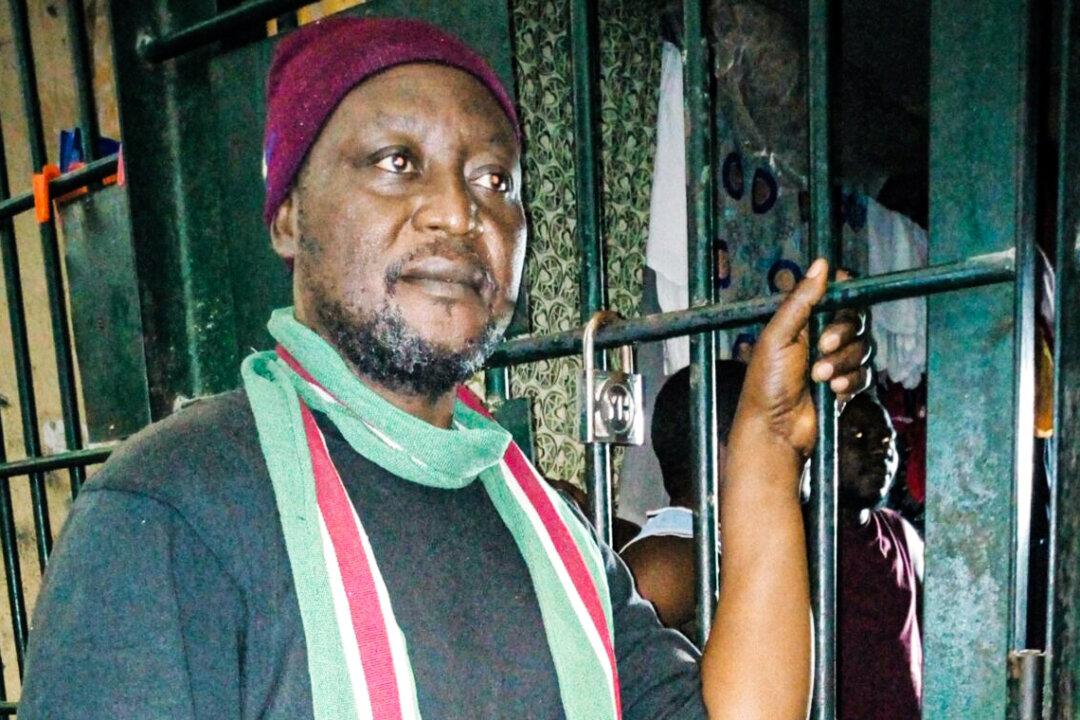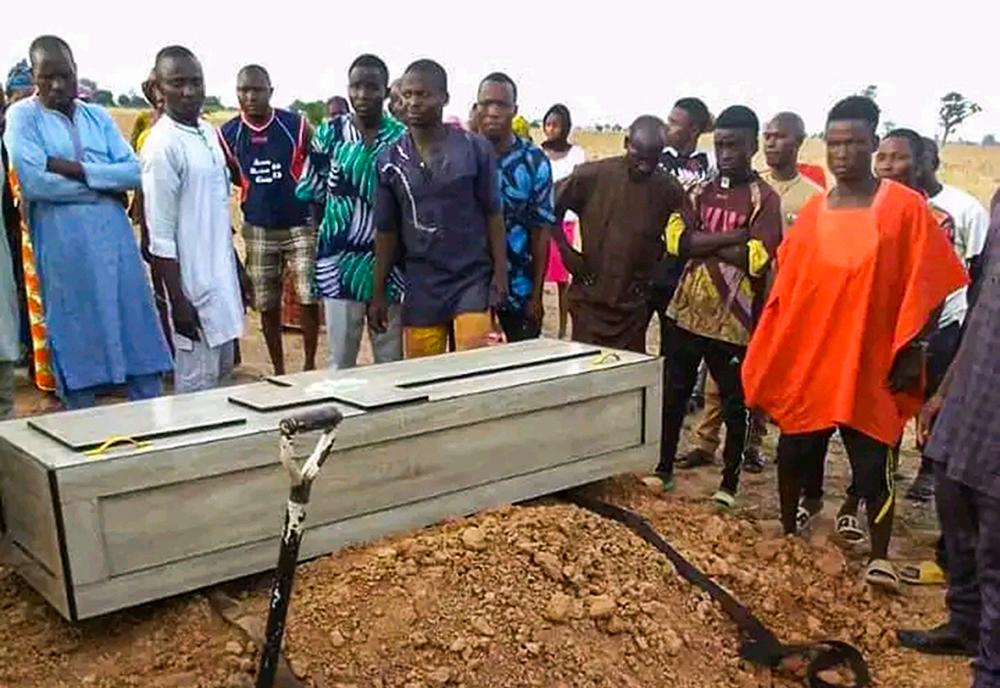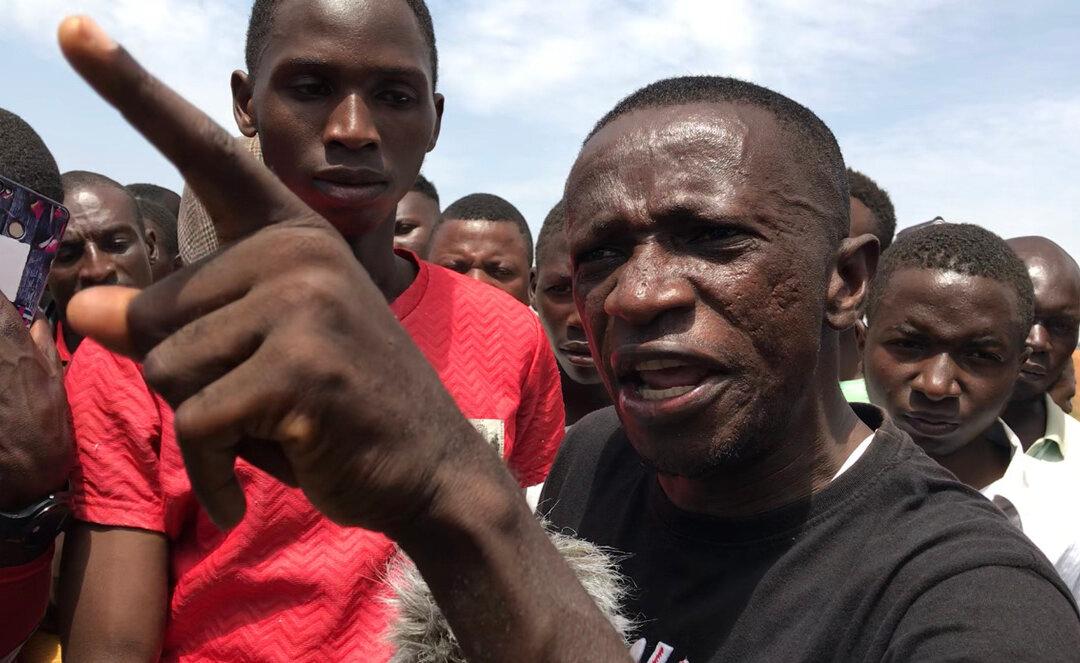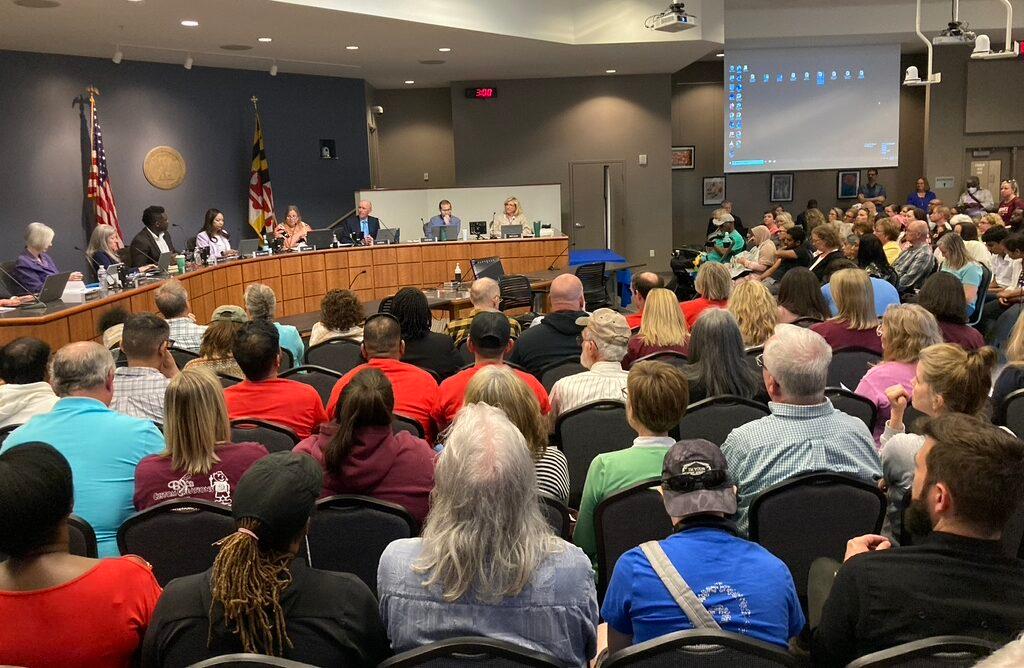Epoch Times journalist Luka Binniyat, who has been reporting on Christian persecution in Nigeria by suspected Fulani jihadists, has been charged with cyberstalking the head of state security for Nigeria’s Kaduna state because of his reporting.
Binniyat was arraigned on Nov. 9 at the Barnawa Magistrate’s Court in Kaduna. Human rights advocates say that cyberstalking is a charge often used in Nigeria to silence the press.





